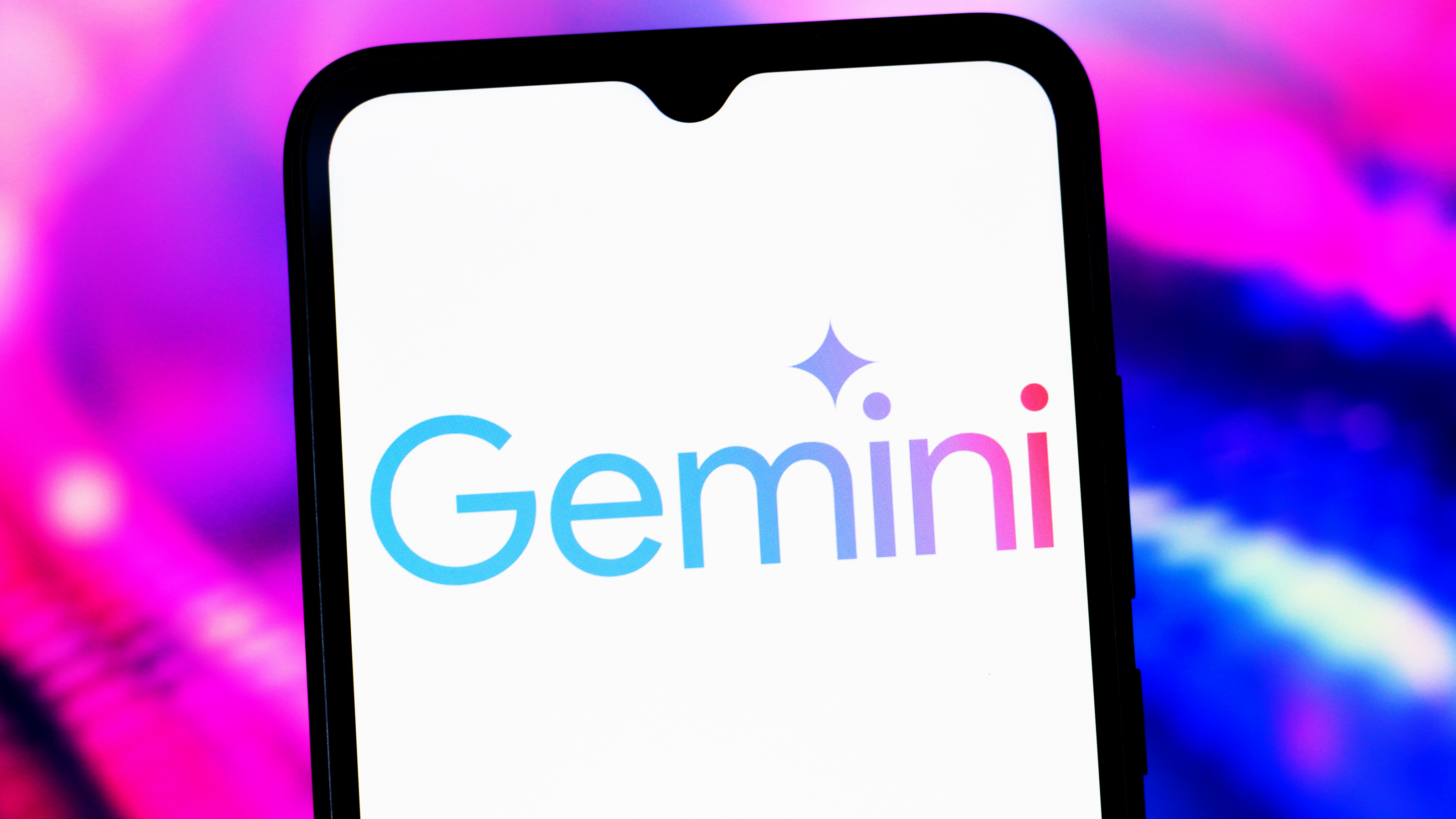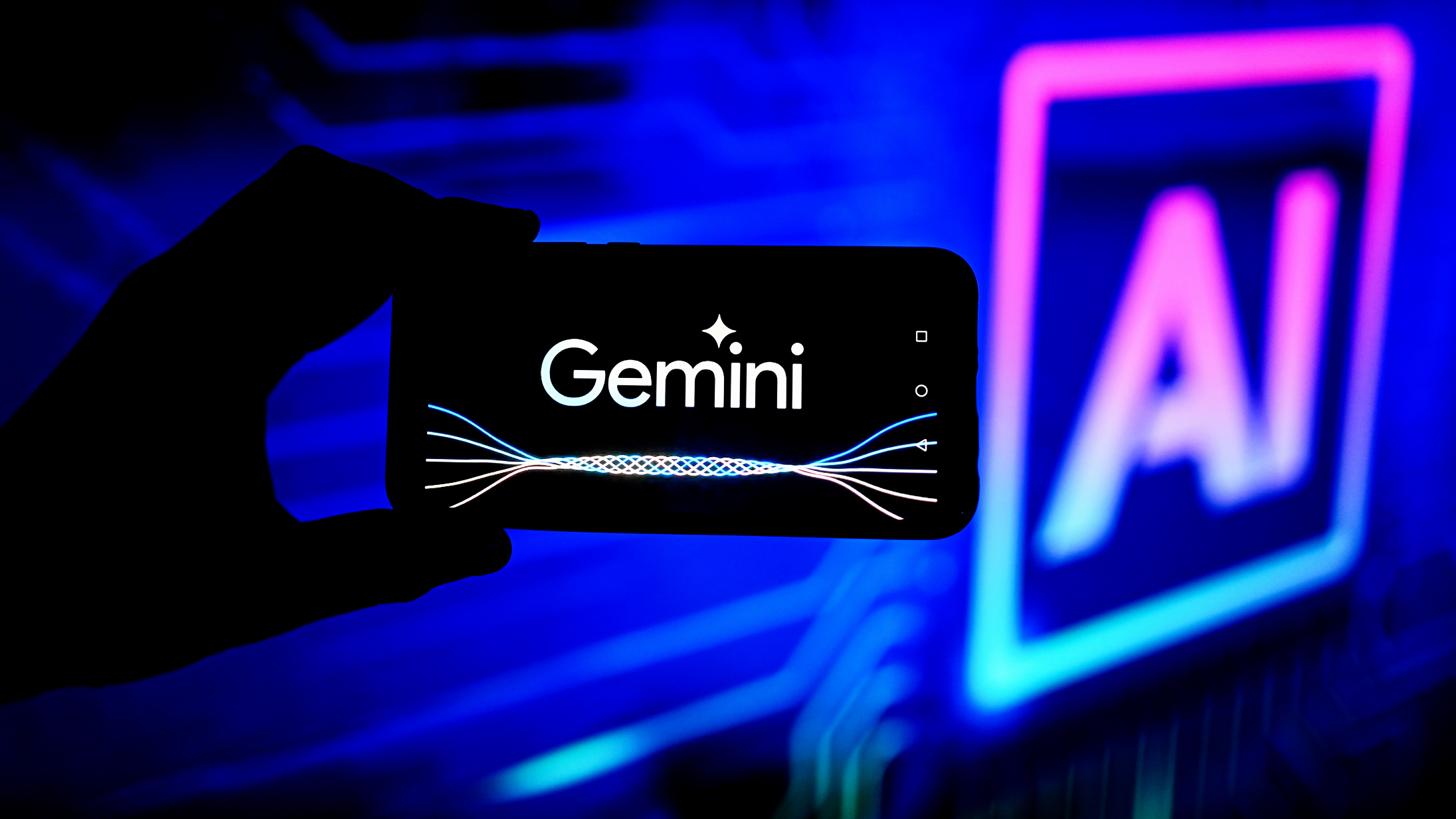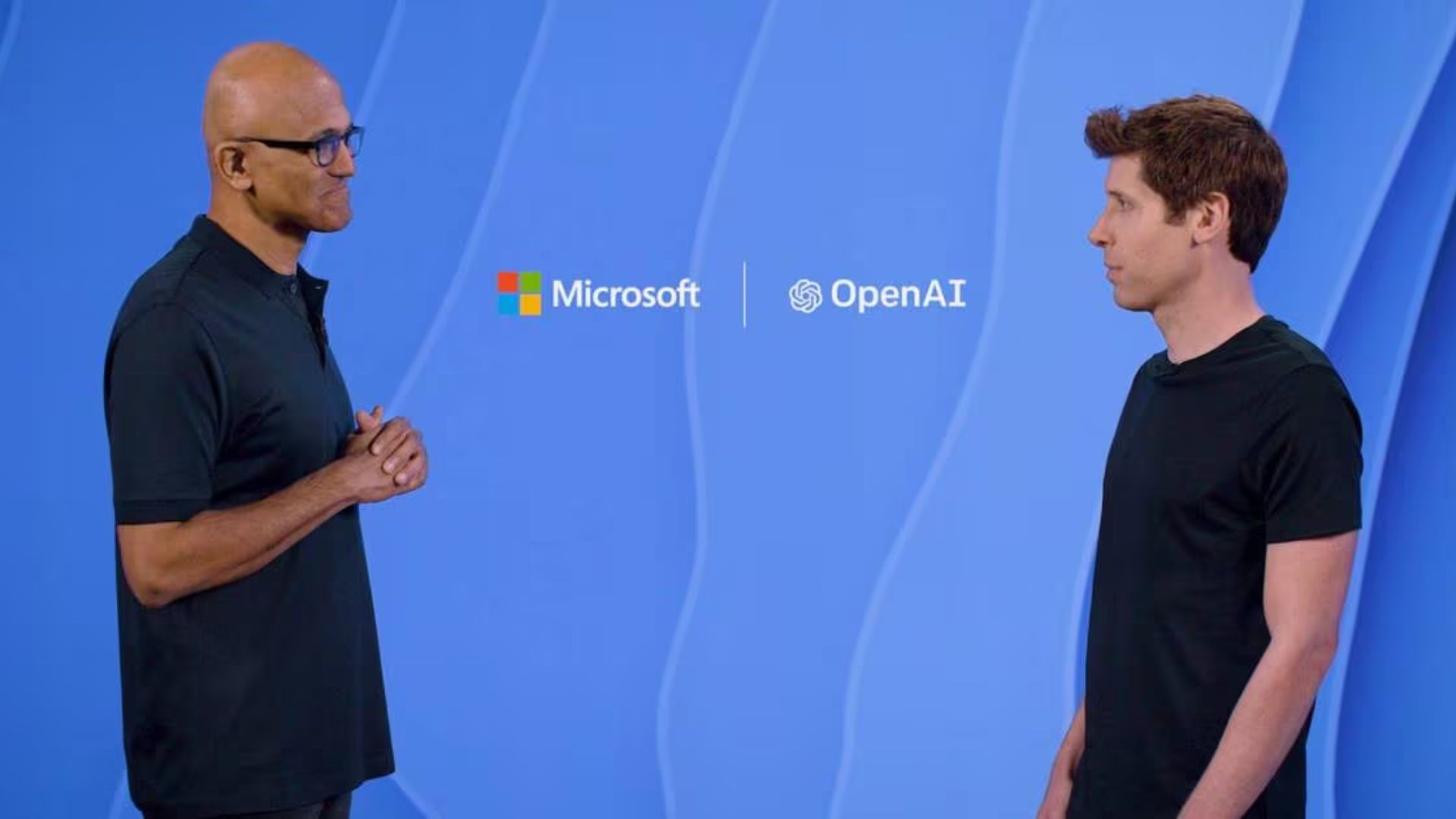"They're just hiding the critical information" — Google’s latest AI efficiency claims spark backlash over hidden environmental costs

All the latest news, reviews, and guides for Windows and Xbox diehards.
You are now subscribed
Your newsletter sign-up was successful
AI is changing the way we work and think, but it's also changing the way that the world's resources are consumed. With a finite planet under our feet, that's not a good thing.
Concerns over power and water consumption by large AI firms began appearing more often in 2023; a notable study suggested that generative AI could consume as much power as a country the size of the Netherlands by 2027.
Since then, there have been countless studies surrounding the topic, with experts arguing on both sides. There have also been myriad rebuttals by the CEOs of major AI firms. That's not surprising, as the AI boom has so far mainly been about generating hype and quelling concerns.
Yes, the data centers that power AI models are thirsty and love hogging power, but to what extent?
A new study published by Google aims to measure the environmental impact of its Gemini AI. The study, written by a handful of Google experts and deeply referenced, makes some bold claims.
The study suggests that a median Gemini AI text prompt consumes "less energy than watching nine seconds of television." That's about 0.24Wh. It also suggests that the water intake for a text prompt is only about five drops, or 0.26mL.
It's also posited that in the last year, Google has achieved a "33x reduction in energy consumption and a 44x reduction in carbon footprint" for Gemini text prompts.
All the latest news, reviews, and guides for Windows and Xbox diehards.
The study covers the "full stack of AI serving infrastructure," which accounts for "active accelerator power, host system energy, idle machine capacity, and data center energy overhead." That, at least, is more complete than other studies I've read.
As mentioned, this is a Google study investigating Google practices. The paper has not been peer-reviewed, and experts unassociated with Google have criticized the study as being disingenuous.
Is Google's latest AI environmental impact study misleading?
An article published by The Verge suggests that Google's Gemini AI environmental impact study is not giving us the full picture, omitting some crucial data that would tell a more damning story.
Shaolei Ren, associate professor of electrical and computer engineering at the University of California and author of a paper cited in the Google report, doesn't buy what Google is selling.
They’re just hiding the critical information. This really spreads the wrong message to the world.
Shaolei Ren (via The Verge)
Ren's concerns involve Google's lack of indirect water usage metrics for its consumption estimates. While an AI center's water cooling system is the focus of the study, it fails to account for the water used in generating electricity to power data centers.
Alex de Vries-Gao, PhD candidate at Vrije Universiteit Amsterdam Institute for Environmental Studies, likewise has a paper referenced in the Google report. According to de Vries-Gao, "You only see the tip of the iceberg, basically," when it comes to water consumption estimates.
There's another big issue with the study. Google measures its carbon emissions with a "market-based" approach. That means we're not getting a raw number; it's instead filtered through a complex system of promises that Google has made in terms of supporting the growth of renewable energy in the US.
As stated in The Verge's report, both Ren and de Vries-Gao believe that Google should have used a location-based measurement to calculate emissions. This would focus on the impact a data center has on a local power grid, rather than the diluted market-based view.
Ren also calls out Google's lack of precise information on how it calculated its median text prompt. According to Ren, "If you look at the total numbers that Google is posting, it's actually really bad."
Google isn't the only company with an AI consumption problem
To put it bluntly, there is no environmentally friendly AI. The massive data centers required to power AI models drink water and burn electricity at an incredible rate; there's not yet a way to get around that.
A report from 2024 suggested that Microsoft and Google each consumed more power than 100 countries, calculated through a combination of AI, cloud services, etc. It was later reported that Microsoft's 168% increase in energy demands, mainly due to AI, was putting a snag in its 2030 carbon-neutral plans.
It's to the point that Microsoft signed a 20-year deal in which Three Mile Island — yes, the same Three Mile Island that suffered a partial meltdown in 1979 — would reopen and feed power to data centers.
Focusing on OpenAI, Microsoft's chief AI partner and creator of ChatGPT, its latest GPT-5 model is particularly energy-hungry, consuming enough electricity to power 1.5 million US homes on a daily basis.
That breaks down to an average of roughly 18Wh per GPT-5 query, according to findings by the University of Rhode Island's AI lab. And with roughly 2.5 billion queries per day, you're looking at about 45GWh of power required to keep the system running. For reference, modern nuclear reactors can produce between 1 and 1.6GW of power per hour.
Although the AI lab's findings rely on several assumptions — including GPT-5 consuming 40Wh of power to generate a medium-length response — the predecessor GPT-4o looks positively green in comparison. A 2025 report suggested that the older model only consumed 0.3Wh to generate a response.
Worried about rolling brownouts and droughts caused by AI data centers? Think the whole concern is overblown? Let me know in the comments section below!

Cale Hunt brings to Windows Central more than nine years of experience writing about laptops, PCs, accessories, games, and beyond. If it runs Windows or in some way complements the hardware, there’s a good chance he knows about it, has written about it, or is already busy testing it.
You must confirm your public display name before commenting
Please logout and then login again, you will then be prompted to enter your display name.


